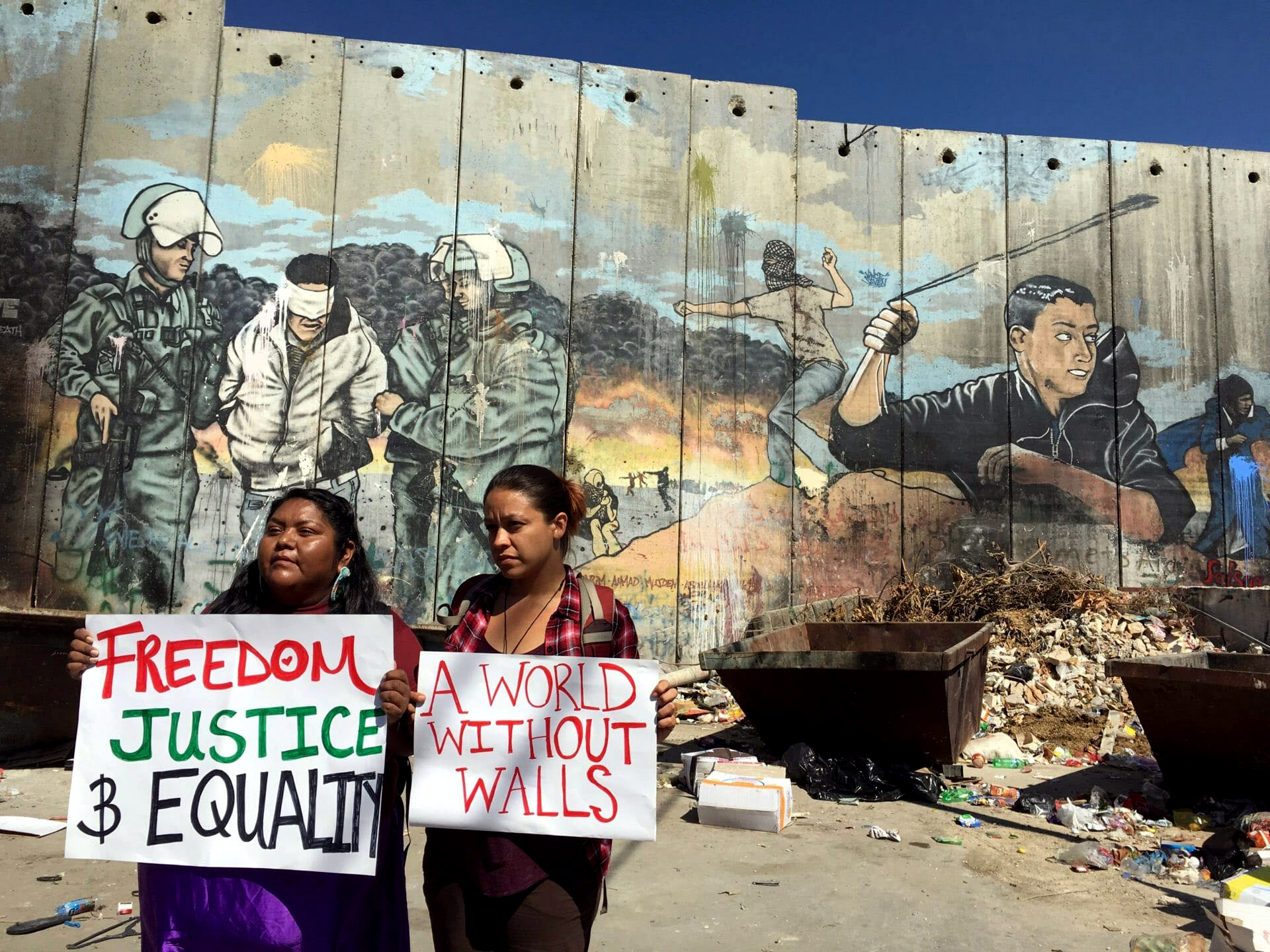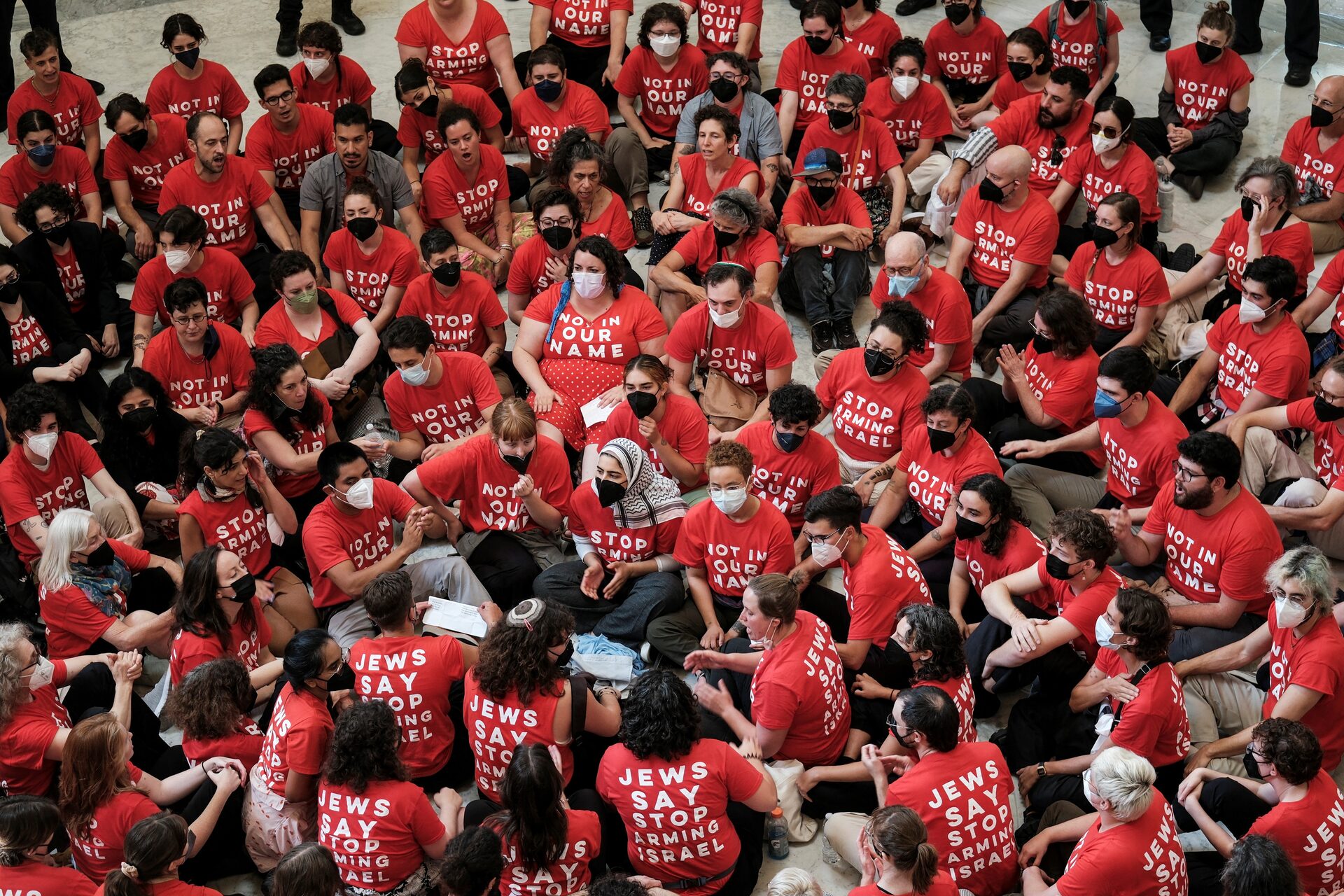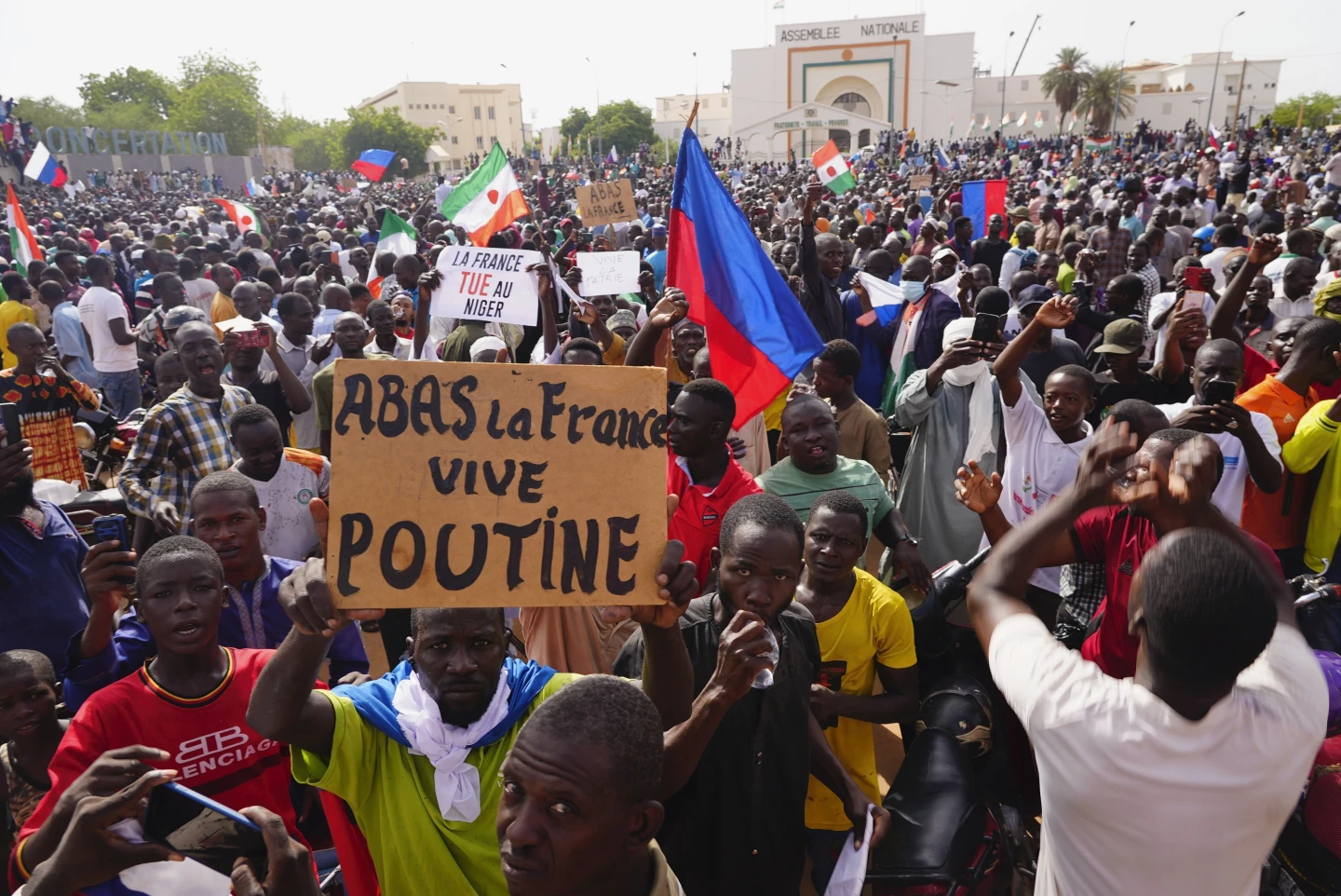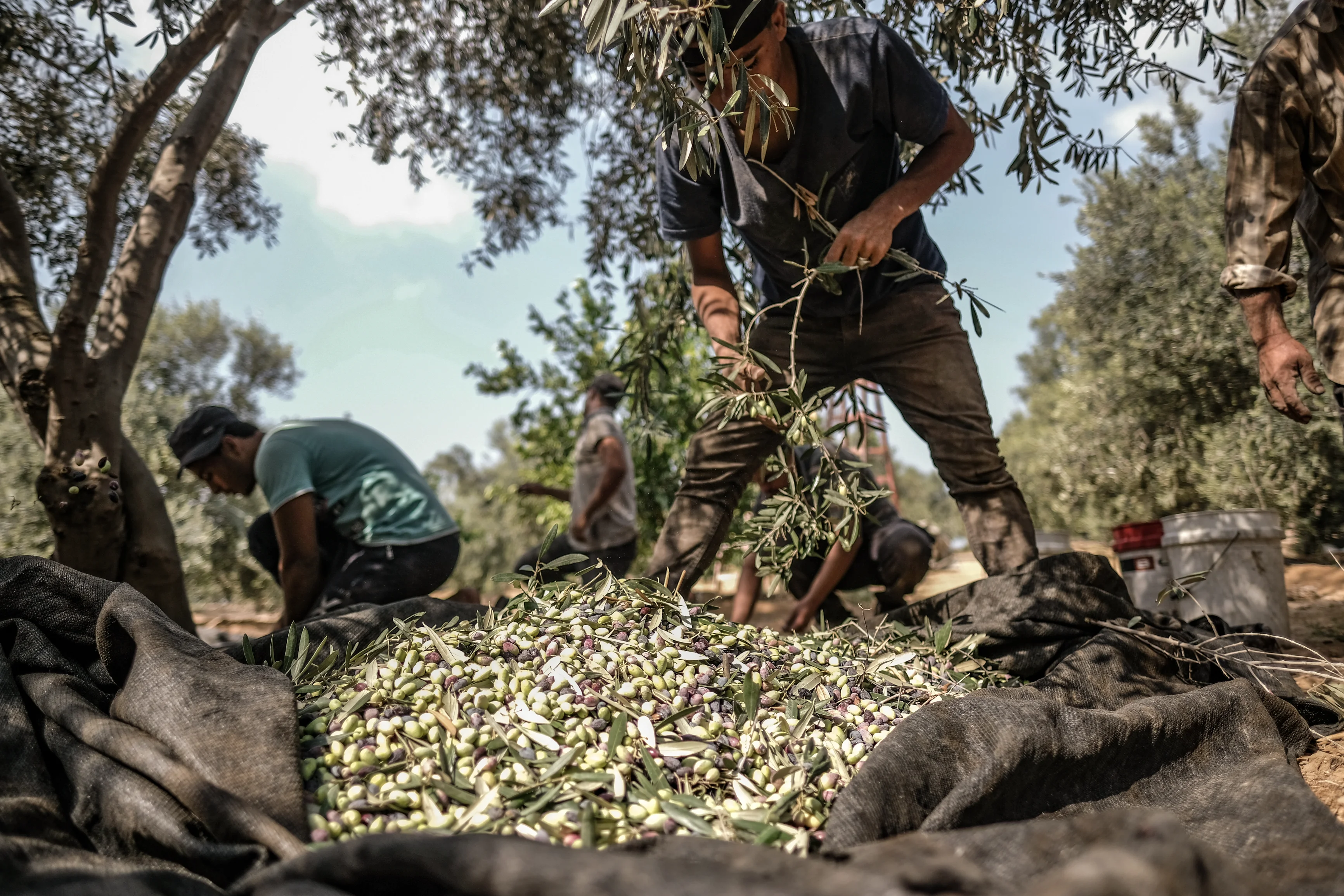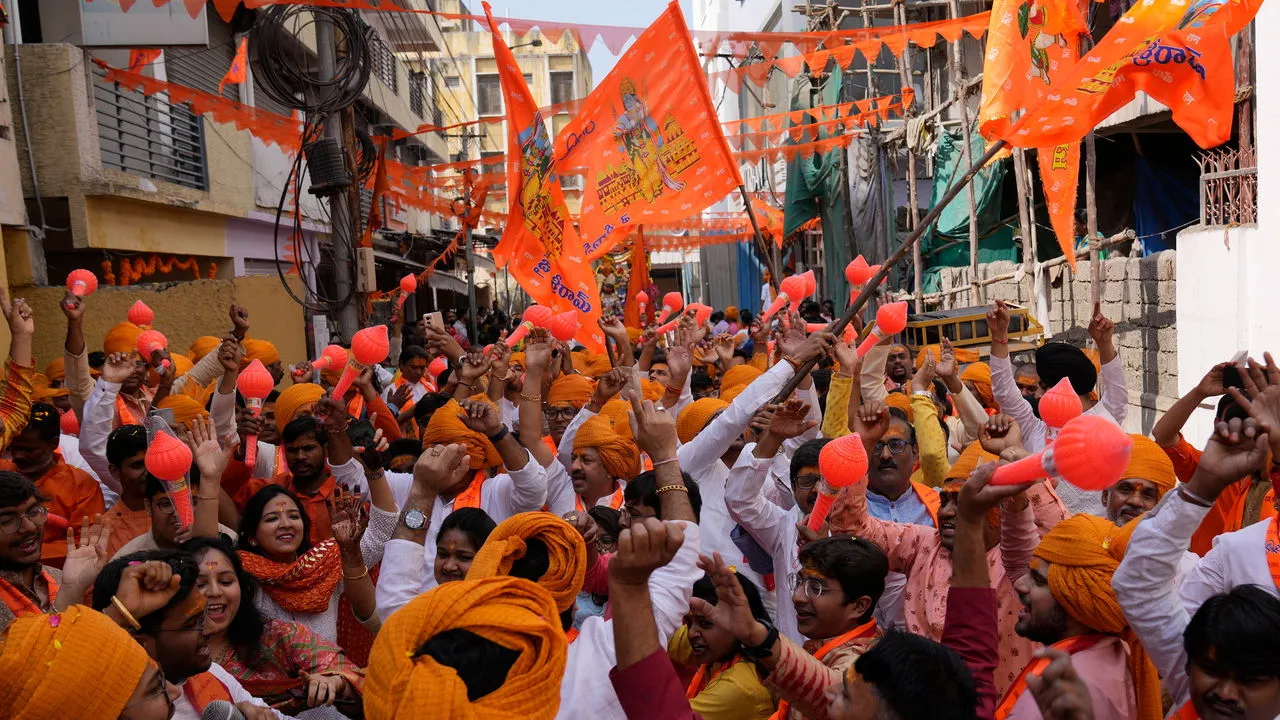Dispatches from Palestinians in Gaza
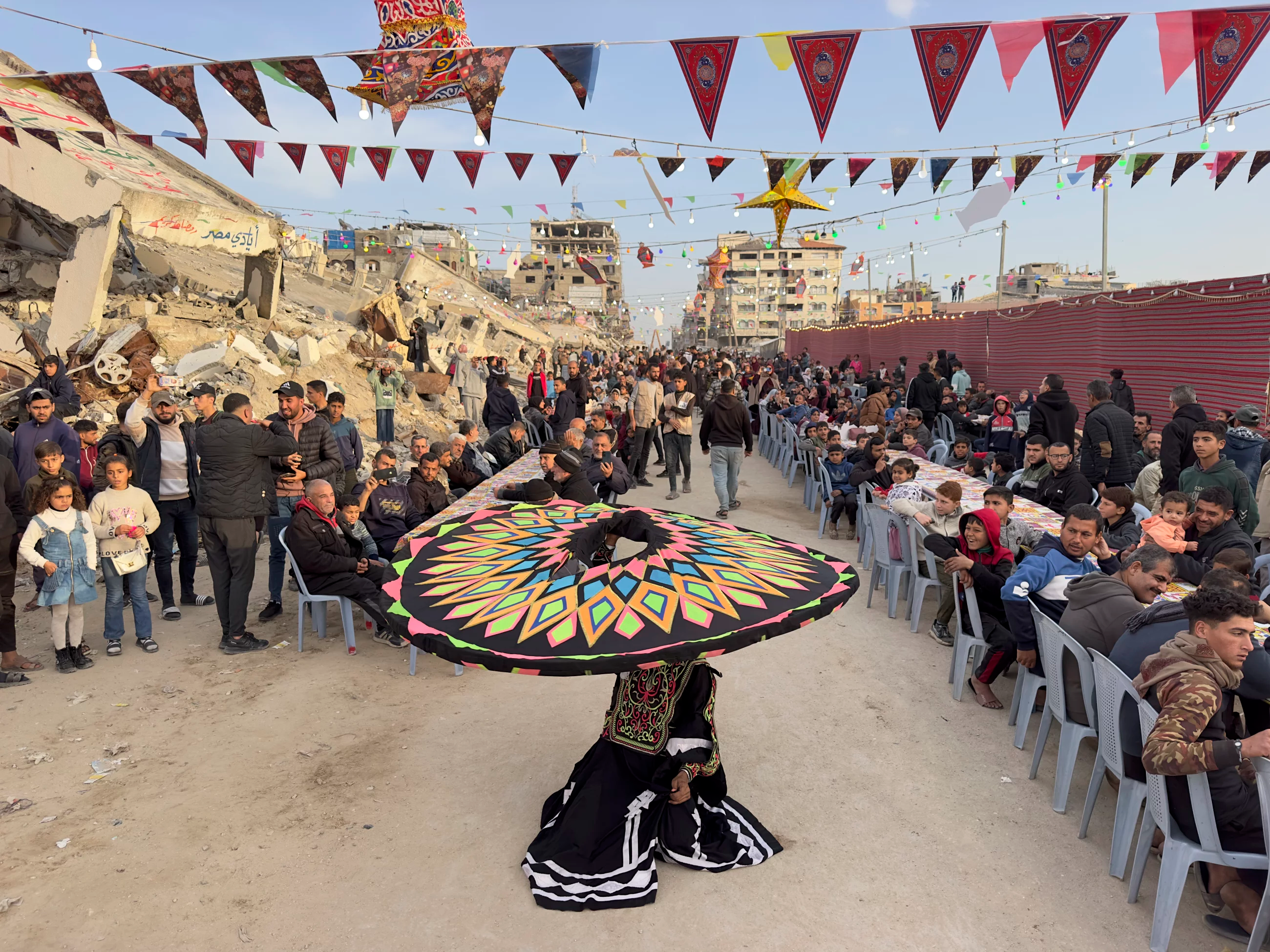
Poetry of the Camps is an initiative run by Illuminated Cities and She Is Night in collaboration with local partners to connect students in Gaza and Rohingya refugee camps with students in the U.S., particularly at Harvard and MIT, through poetry.
On October 13, 2024, the initiative’s Palestine program commenced with students sheltering in refugee camps throughout Gaza and those who are displaced in Egypt. We came together for the first time as fires raged across the north of Gaza, ignited by an onslaught of Israeli airstrikes.
One of our students from Gaza, Duha Hasan, said she had never written a poem before, let alone one where we invited her to write about herself as a miracle. She then shared a searing poem that she wrote during our first session. “So, is this considered poetry?” she asked. She is a poet unlike any we have encountered before.
Something incredible and powerful begins to alchemize when a miracle poem is recited aloud, shared in the context of a community, and placed out into the expansive arms of our world. It can bring each of us closer to freedom.
We have published poems from our students in Gaza elsewhere in this issue, and here we share additional dispatches where these writers testify to the fight to survive the bodily, psychic, and collective traumas inflicted by Israel’s genocide of Palestinians and express their unbroken spirit and steadfastness.
Signed,
Illuminated Cities Team
Mariam Mohammed El Khatib is a Palestinian writer, poet, and activist from Gaza. Israel’s ongoing genocide forced her to flee Gaza to Egypt, where she studies dentistry and continues her literary work. Her writing, published in platforms such as This Week in Palestine, We Are Not Numbers, and The Avery Review, explores themes of memory, war, and resistance, especially from feminist and existentialist perspectives. Her storytelling is a form of cultural resistance, documenting the Palestinian experience and amplifying the voices of her people. In her words here, which have also been published in Mondoweiss, she shares intimate glimpses of her embodied experience and memories of surviving Israel’s genocide. She writes:
“In October I bled for ten days without access to a proper bathroom. The house we fled to, like most shelters in Gaza, had no privacy. Forty people slept in two rooms. The bathroom had no door, only a torn curtain. I remember waiting for everyone to sleep so I could clean myself with a bottle of water and scraps of cloth. I remember praying I wouldn't stain the mattress I shared with three cousins. I remember the shame — not of my body but of being unable to care for it. In war, the body loses its rights, especially the female body.”
“This is the paradox of survival: the same body that is denied safety becomes the instrument of resistance. Women boil lentils over candlelight, they calm children in basements, they cradle the dying. These acts are not passive, they are radical. To menstruate, to carry, to feed, to soothe amid destruction is to insist on life.”
“I return, again and again, to the image of my mother during the war. Her back hunched over a pot, her hands shaking, her eyes scanning the ceiling with every sound. She didn’t eat until everyone else did. She didn’t sleep until the children did. Her body bore the architecture of war and motherhood at once. I realize now how political her exhaustion was — how her labor, like that of so many Palestinian women, defied the logic of annihilation.”
Esraa Abo Qamar is a Palestinian writer based in Gaza. She is an English literature student at the Islamic University of Gaza, and her works have appeared in Electronic Intifada, Mondoweiss, Palestine Chronicle, and more. In her words:
“Living through hardships and suffering doesn’t mean that we can underestimate other people’s suffering.”
In March 2025, she shared the following words in an Al Jazeera piece entitled “Ramadan in Gaza: Ruins and Unshakeable Faith”:
“Last year was not the first time for us to observe Ramadan during a war. In 2014, I was only nine years old, but I remember very well how our Ramadan nights were filled with air strikes and destruction and how we had to rush out of our home in the dark, fleeing the bombing in our neighbourhood.”
“But Ramadan last year was different. It was unimaginably worse. Hunger was everywhere. We fasted the entire day, only to break our fast with a can of hummus or beans shared between six people. With no electricity, we would chew the tasteless canned food in the dark. We would barely see each other’s faces across the table.”
“Our mosques may have been destroyed, but our faith has not been broken. We will still be doing tarawih in half-destroyed homes and tents, whispering all our wishes in dua’a and seeking comfort in reciting the Quran, knowing that Allah will reward us for all the suffering we have endured.”
